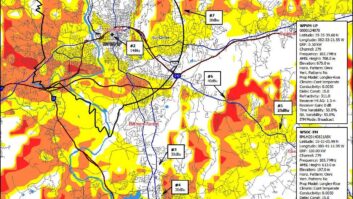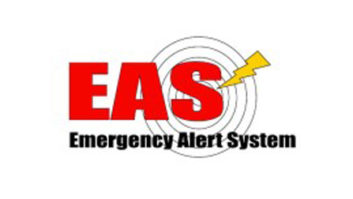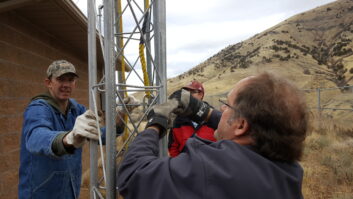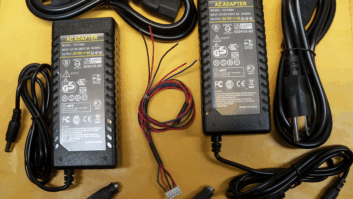Low-power follow-up
Jul 1, 2007 12:00 PM

In the June issue, we ran a letter from Larry Fuss, the owner of Contemporary Communications and a resident of Nevada. Fuss took my advice and wrote a letter to Senator Harry Reid questioning the senator’s action in pressuring the FCC to issue temporary authorization to Radio Goldfield to operate a low-power FM station, despite the fact that the station had previously operated as a pirate station. Senator Reid’s letter to Fuss shows that the senator has little regard for the established FCC Rules and laws, and it appears that he is thinking only of his chances at being re-elected. The senator’s letter follows.
— Chriss Scherer
Dear Mr. Fuss:
Thank you for contacting me regarding Radio Goldfield. I appreciate hearing from you.
On June 10, 2006, the Federal Communications Commission (FCC) ordered Rod Moses, the owner of a low-power-FM radio station called �Radio Goldfield,� to immediately terminate operation of the station pending proof of an FCC-issued radio license. Mr. Moses complied with this directive and ceased broadcast of Radio Goldfield.
Having grown up in Searchlight, I recognize the importance of local radio programming to rural residents. Radio Goldfield is Goldfield’s only locally operated radio station, and residents rely on the station for vital local news and emergency information. For instance, the station broadcasts timely and reliable information on law enforcement, public safety and school activities that help residents stay informed and engaged in their community.
After hearing from more than 100 residents of Esmeralda County, who identified the significant community benefits that stemmed from Radio Goldfield broadcasts, I sent a letter to the FCC requesting a temporary license for Radio Goldfield until the Commission initiates a proceeding to authorize additional low-power FM stations. In January of this year, the FCC offered Radio Goldfield a temporary license after independently determining the station’s continued broadcasts served the public interest. The FCC response letter cites Section 309(f) of the Communications Act of 1934, which authorizes the commission to grant a temporary license in cases of extraordinary circumstances requiring temporary authorizations in the public interest.
Again, thank you for taking the time to share your thoughts with me. I look forward to hearing from you in the near future.
My best wishes to you.
Sincerely,
Harry Reid
United States Senator







